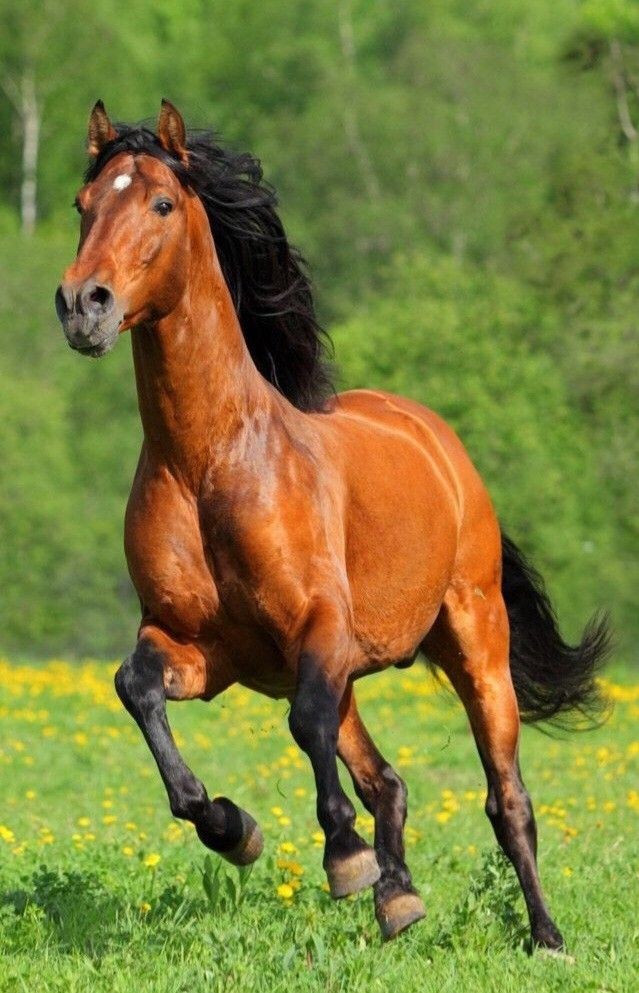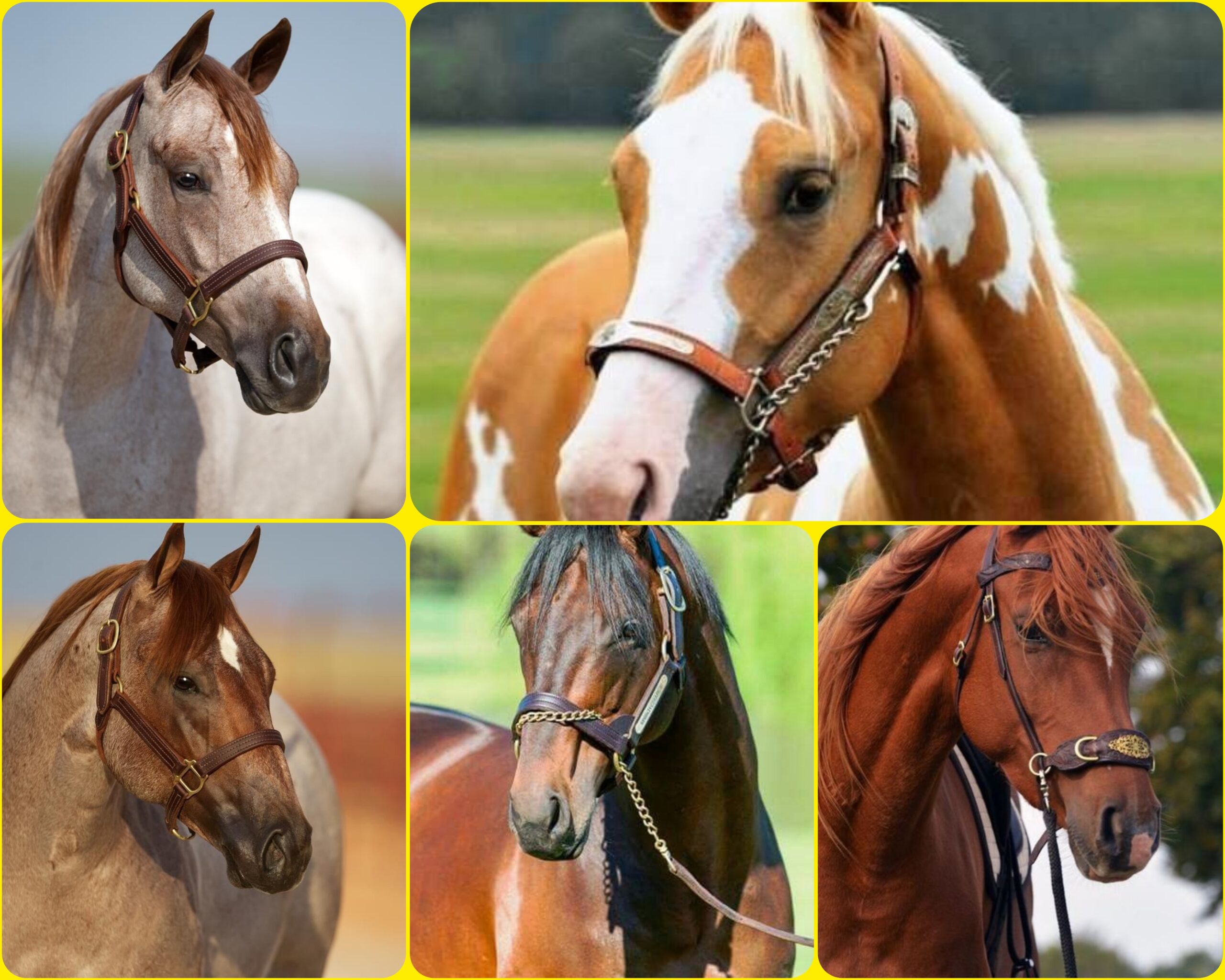✅Essential Tips and Guidelines for Horse Care
Caring for a horse is a rewarding but demanding responsibility. Proper care ensures your horse remains healthy, happy, and ready for riding or other activities. Here are some essential tips and guidelines to help you provide the best care for your horse.
1.Nutrition and Feeding
– Balanced Diet:
Horses require a diet rich in hay, fresh grass, grains, and specially formulated horse feed. Ensure they have access to fresh, clean water at all times.-
Feeding Schedule:
** Establish a regular feeding schedule. Horses thrive on consistency and should be fed two to three times a day.
– Monitor Weight:
Regularly check your horse’s weight and adjust their diet as needed. Both underfeeding and overfeeding can lead to health problems.
2. Shelter and Environment
– Stable Care:
Provide a clean, dry, and well-ventilated stable. Regularly clean the stalls to prevent the buildup of ammonia from urine, which can harm their respiratory system.
– Pasture Management:
Ensure your pasture is free of harmful plants and debris. Rotate grazing areas to prevent overgrazing and to maintain healthy grass growth.
3. Health Care
– Regular Vet Checkups:
Schedule routine veterinary visits for vaccinations, dental care, and health checkups.
– Parasite Control:
Implement a deworming schedule to control internal parasites. Regularly inspect for external parasites like ticks and lice.
– Hoof Care:
Have a farrier check and trim your horse’s hooves every 6-8 weeks. Clean their hooves regularly to prevent infections like thrush.
4. Exercise and Training
– Regular Exercise:
** Horses need regular exercise to maintain their physical health and mental well-being. Provide daily exercise through riding, lunging, or turnout time in a paddock.- **Training:
** Use positive reinforcement techniques to train your horse. Consistent training helps build trust and enhances your horse’s skills and behavior.
5. Grooming
– Daily Grooming:
** Brush your horse daily to remove dirt, sweat, and loose hair. This helps prevent skin conditions and promotes bonding.
– Bathing:
** Bathe your horse as needed, typically every few weeks, depending on their activities and coat condition. Use horse-specific shampoos to avoid skin irritation.
6. Safety
– Proper Equipment:
** Use well-fitted tack and equipment to prevent injuries and ensure your horse’s comfort.
– Safe Handling:
** Always approach your horse calmly and handle them with care to prevent accidents.
7. Social Interaction
➡️
– Companionship:
Horses are social animals and benefit from the company of other horses. If possible, allow your horse to interact with other horses to prevent loneliness and stress.- **Human Interaction:
** Spend quality time with your horse to strengthen your bond and ensure they remain mentally stimulated.
### ConclusionProviding excellent care for your horse involves attention to their physical health, nutrition, exercise, and emotional well-being. By following these essential tips and guidelines, you can ensure your horse leads a healthy, happy, and fulfilling life. Remember, a well-cared-for horse is a joyful companion and a reliable partner in all your equestrian activities.

